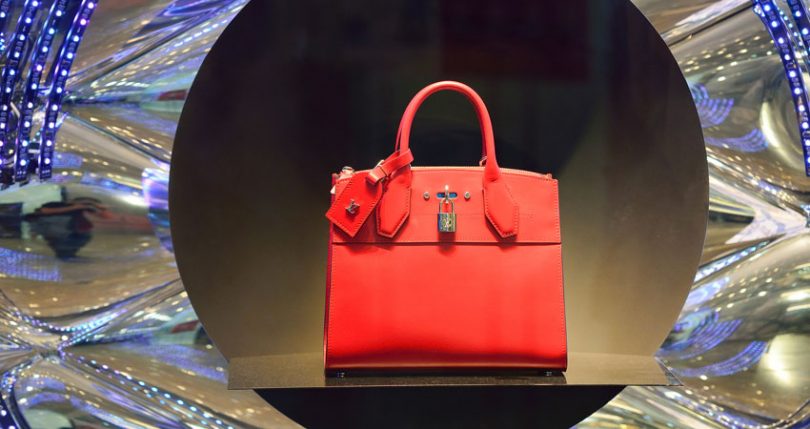Last week blockchain provenance company Everledger announced a co-marketing deal for Applied DNA’s CertainT platform. The CertainT platform involves tagging a product with unique molecular DNA to guard against counterfeiting.
We’ve all been approached by someone selling knock-off watches or perfumes, often in parking lots. If you go to a store and buy a diamond, watch or luxury handbag, you expect the real thing. You don’t want the parking lot version.
The idea behind blockchain provenance is the product is tracked from where it’s produced or mined, through to the store. As blockchain’s are shared ledgers or databases, once the data is stored it’s almost impossible to change. That way you know you’ve bought the same handbag that left the factory.
The biggest challenge with provenance is how to link the physical good with its digital representation on a blockchain. Generally, blockchain provenance involves adding a unique identifier to a physical item. In its simplest form that’s often a barcode. But with luxury goods, say a designer handbag, it’s too easy to transfer or copy a barcode.
Applied DNA’s technology involves adding unique DNA molecules to an individual product or line of products. Then at various points in the supply chain, the existence of the DNA can be verified using a portable testing machine.
By using molecular tagging, it won’t just verify the authenticity of products. Potentially it will also identify where in the supply chain counterfeit products are introduced. Because if the handbag has the DNA molecule at the last shipping depot, but the DNA doesn’t exist at the next point, then you know something went wrong in between.
Everledger
Everledger Founder & CEO Leanne Kemp stated, “If an asset does not have an identity, it does not have ownership, value or existence. In the high-end products market, authenticity, provenance as well as value, cannot be separated. By incorporating a forensic layer to uniquely identifying an asset, we can provide the added confidence in the data captured and tracked on our blockchain-enabled platform.
“Through this collaboration with Applied DNA, we are excited to transform the standards of establishing authenticity and certification in a global manner. We look forward to extending our solutions for asset protection especially to industries that have an importance in the global commons.”
Everledger started in 2015 focusing on blockchain provenance for the diamond sector. To date, the company has recorded the provenance of 2.2 million diamonds on a blockchain and partnered with several companies including SAP. However, Kemp plans to expand into other luxury goods, including leather goods given the Applied DNA announcement. Earlier in the year, Everledger raised $10.4 million in a Series A funding.
Everledger uses the Hyperledger Fabric distributed ledger technology.
Other diamond initiatives include De Beers and IBM’s jewelry TrustChain as well as their Crypto Anchor technology.






